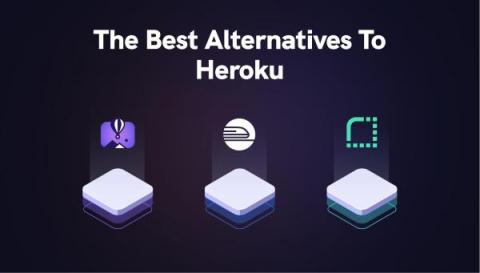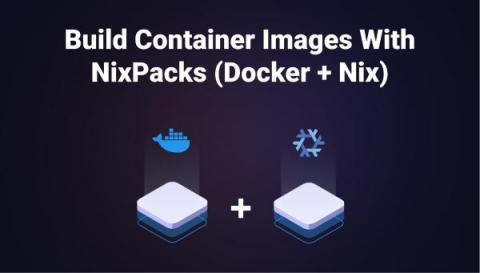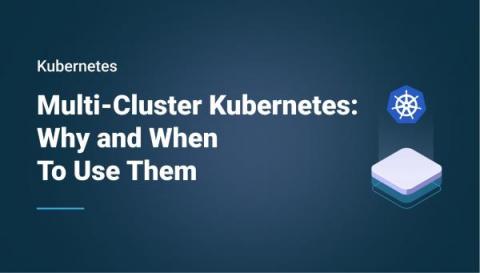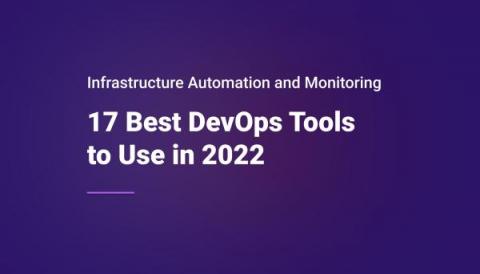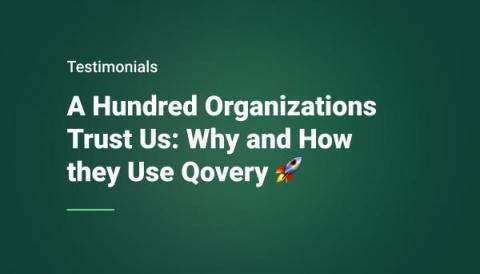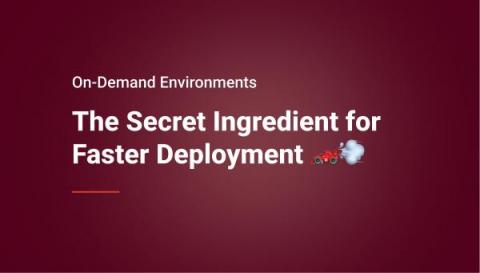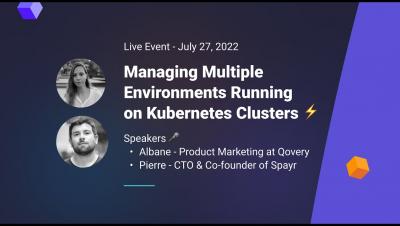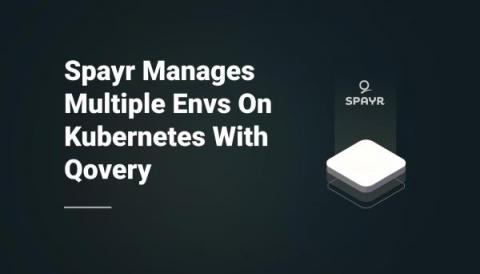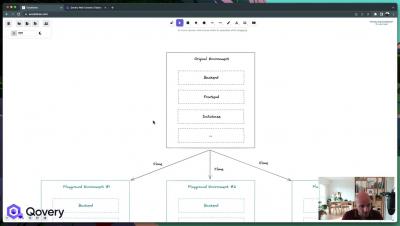Heroku discontinued their free tier - what are the top 3 best alternatives?
Today, It's a sad day for thousands of developers that were able to host their applications for free on Heroku. Heroku (acquired by Salesforce) announced that they discontinue their free tier to focus on "mission critical" businesses. Heroku has undoubtedly changed how developers deploy their applications in the cloud - but now, what are the valid alternatives? Here is a list of the top 3 best Heroku alternatives.


